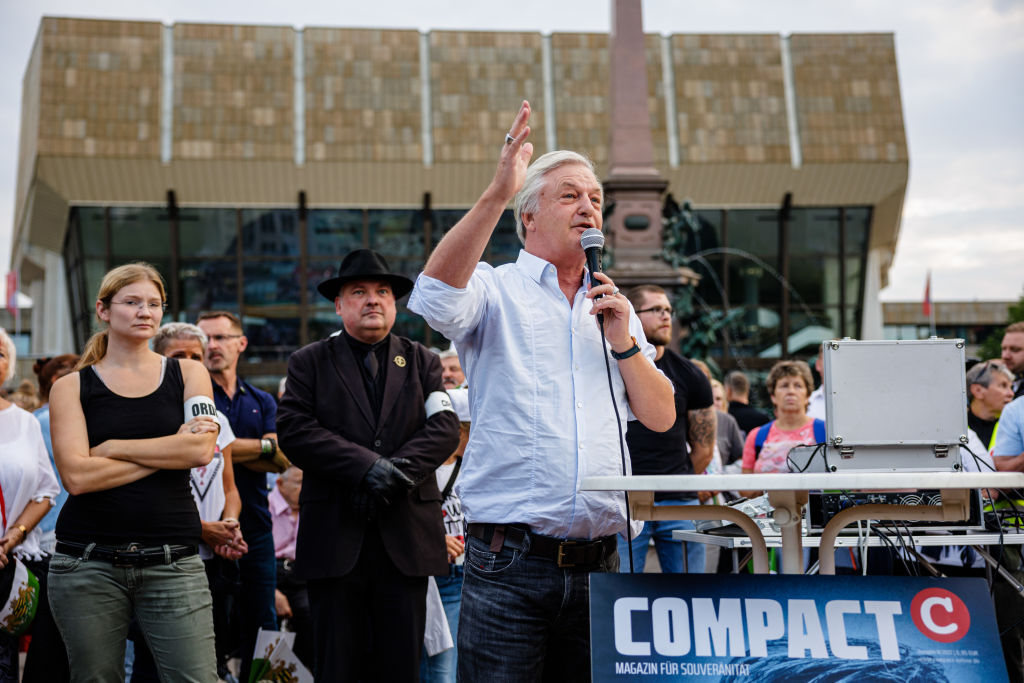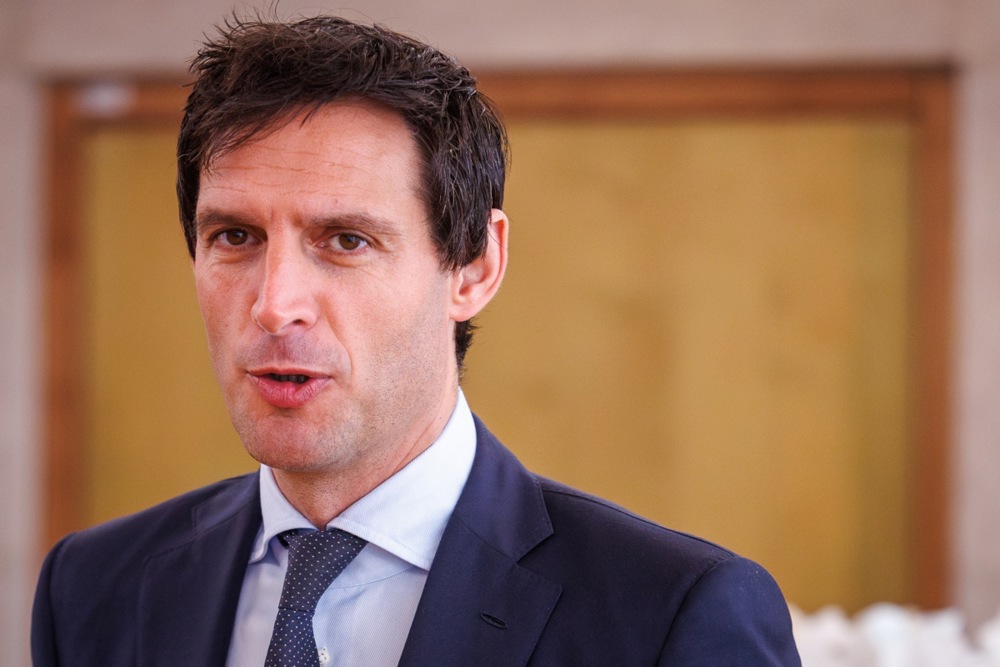Talks between parties to form a centre-right government, supported by socialists, have been stranded.
Liberals from Wallonia and Socialists from Flanders were unwilling to come to a compromise on the issue of capital gains tax, forcing lead negotiator Bart De Wever to go to Belgium’s King Philippe and return his assignment to form a government.
That negotiations could fail over capital gains tax adds to the financial problems left by an outgoing government noted for its lavish spending. In 2023, Belgian national debt reached 105.2 per cent of GDP. The deficit was 4.4 per cent. NATO is pressuring Belgium to increase its diminishing defence spending.
This raises the question as to where the new government could find increased revenues. The Belgian public already suffers one of the highest rates of taxation of any developed country.
Foreign investors watch these delays and remember that in 2011 it took Belgian politicians 541 days to form a government.
Despite these problems, De Wever, from the centre-right Nationalist N-VA party, ended up sending a message to the politicians involved in the negotiations to inform them he was pulling the plug, as well as to thank them for their efforts.
The king is reported to have accepted De Wever’s return of the assignment at the royal palace shortly after 8:15 pm on August 22, and will hold a new round of talks with party presidents.
Le formateur @Bart_DeWever a fait rapport au Roi et lui a présenté sa démission. Le Roi a accepté sa démission et entame demain des consultations avec les présidents des cinq partis associés aux négociations en vue de la formation d'un nouveau gouvernement. pic.twitter.com/cFXzOPgO6g
— Belgian Royal Palace (@MonarchieBe) August 22, 2024
Reacting to the breaking apart of the negotiations, Conner Rousseau, leader of the Flemish Socialists said on Instagram it was “a big waste.”
“Belgium is confronted with the biggest challenge ever. To bring this to fruition you need boldness, courage and fairness.”
“Is it just that some are blocking efforts to make the wealthiest contribute more fairly? That all sacred cows must be slaughtered, except for the hallowed millionaires?”
“No, it’s incomprehensible. Unjust. And this obstruction has caused this attempt to fail,” he added.
“The largest fortunes should contribute more equitably. It’s unfathomable that certain parties are preventing this from happening. Why should every taboo be challenged, yet the ultra-rich remain untouchable? This is both baffling and unfair. Ultimately, it’s this very opposition that has scuppered the entire endeavour.”
His opponent, the leader of the liberal francophone Reformist Movement (MR) party, Georges-Louis Bouchez, meanwhile lashed out at those who would leak the content of the coalition talks ahead of time.
“Since the beginning of this government formation process, the MR has remained entirely discreet about the discussions and will continue to do so. Therefore, we refrain from commenting on partial or inaccurate information in the media,” he said.
“Those who speak off the record are doing the country a disservice. In the June elections, we received a clear mandate. Together with our partners, we are working constructively towards the best balance.
“The fact that we have not yet succeeded is by no means a definitive conclusion. Keeping a cool head and working discreetly are the keys to success. In the interest of our citizens. The MR will always stand up for those who work, save and invest,” he added.
Sinds het begin van deze regeringsvorming is de @MR_officiel volledig discreet gebleven over de besprekingen en ze zal dat blijven doen. Daarom geven we geen commentaar op gedeeltelijke of onjuiste informatie in de media. Wie off the record spreekt, bewijst het land geen dienst.…
— Georges-L BOUCHEZ (@GLBouchez) August 22, 2024
Other parties also weighed in.
“The failure of the current training mission led by Bart De Wever is regrettable, as we have been able to observe his involvement in trying to forge acceptable compromises,” wrote the centrist party Les Engagés in a statement on Thursday.
“It is still necessary for each of the partners to be able to transcend the sole interests of their party to think first of the interest of the country. Falling over a quarrel over a single measure is dramatic for the credibility of the Democrats.”
“Of course we were still far from satisfactory texts, we also had objections on various points. But we had also, as Engagés, achieved significant results in line with our main priorities,” the party added.
Governor of the National Bank of Belgium, Pierre Wunsch, has warned the country's dire governmental budget woes risk seeing the nation facing a Greek-style financial crisis. https://t.co/1u3qsbJmD5
— Brussels Signal (@brusselssignal) March 14, 2024
Following the elections, optimism for a swift government formation was high, thanks to a historic centre-right victory in Wallonia. For the first time in years, Flanders’ traditionally strong right-wing stance aligned with the southern region’s preferences.
However, due to a cordon sanitaire, Flemish socialists were still needed to secure a majority. Complicating matters further, the previous progressive government led by Alexander De Croo left a significant financial burden. Its lavish spending resulted in a substantial deficit on top of an already hefty historic debt, prompting the European Commission to place Belgium under an Excessive Deficit Procedure.
In 2023, Belgium’s debt reached 105.2 per cent of GDP, with a deficit of 4.4 per cent. Additionally, the country faces pressure to increase its defence spending after years of neglect and failure to meet NATO spending targets.
These challenges must be addressed without drastically raising taxes, as Belgium already boasts some of the highest tax rates among developed nations.
Political analysts predict that a new government is unlikely to form before October, as parties will shift their focus to local election campaigns by then.
NATO is considering pulling its technology and cyber hub out of Brussels due to Belgium falling consistently short of fulfilling its financial pledges to the organisation. https://t.co/xJZ12tuBjP
— Brussels Signal (@brusselssignal) August 15, 2024





